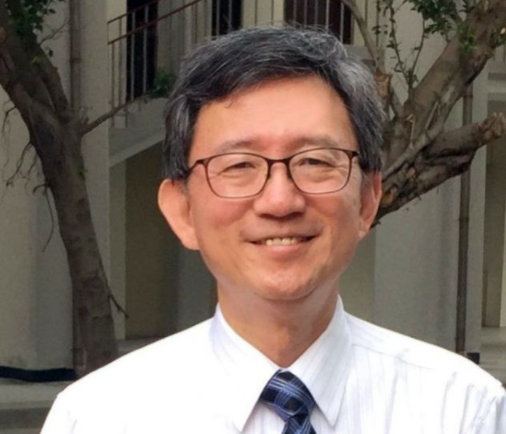Smart medical care has great business opportunities, and Taiwan needs to adapt to the times.
The State Council of the People's Republic of China issued the "Internet + Medical Health" development opinion, and promoted the development of the deep integration of Internet and medical health, and proposed a series of policy measures for the in-depth integration of the two.
My friend turned to an industrial message sent by the Taiwan Health Policy Committee. The contents of the website were discovered by me. I found out that it was the document issued by the mainland State Council on promoting the development of "Internet + medical health." These documents from the other side of the State Council, honestly I have never read in the past.
This time because the topic is somewhat appealing to me, I really read everything from beginning to end, and then tried to understand and convert into some thinking about the situation in Taiwan.
If you let go of the mentality that "everything must be reversed, there will be bad in the middle", and ignore the statements of some political words at the beginning of the document. This document clearly points out that the mainland will be in the "Internet + health care" in the future. The key to investing resources and development.

Frankly speaking, this document gave me a big shock. Because I saw a government from inside, I hope to improve health care resources, technology and quality through technology. I think that there are great business opportunities in the policy guidance documents for Taiwan's two industries, which have abundant human resources, brain power and experience in health care and information technology.
More importantly, I think this document is also very worthy of reference to the National Development Committee of Taiwan and the Chief of the Ministry of Health and Welfare. I will elaborate on my views on this document and the business opportunities I have seen. Here is a simple architectural description. The contents of this document include three parts:
First, improve the service system of "Internet + medical health".
Second, improve the support system of "Internet + medical health".
Third, strengthen industry supervision and security.
In terms of improving the service system of "Internet + medical health", their efforts are:
1. Develop "Internet + medical health" medical services. It is to combine the Internet + really with medical services. Let the same medical resources serve more people and serve more efficiently.
Second, innovation "Internet +" public health services. It is to combine the Internet + with chronic disease management, disease prevention, and early warning of epidemics.
Third, optimize the "Internet +" family doctor signing service. It is to combine the Internet + with the first-line family doctors, so that the family doctors can provide better services to the people. What I have mentioned: Let the people "health is not sick, students are sick, and the disease is not big." These important things are doing better.
Fourth, complete "Internet +" drug supply security services. The goal is to make the flow of information between the medical end and the drug supply faster and smoother.
5. Promote the "Internet +" medical insurance settlement service. Unlike Taiwan, which has a single Central Health Insurance Agency and universal health insurance, there are too many people in the mainland, so Internet + assistance is needed.
6. Strengthen "Internet +" medical education and popular science services. This is also the trouble that big countries will have. It is also hoped that the use of technology can improve the quality and training of medical personnel who may not be neat in the past.
7. Promote "Internet +" artificial intelligence (AI) application services. The AI ​​content they want to do includes clinical decision support systems, as well as various AI applications in medical imaging, pathology, multidisciplinary consultations, and different health conditions. And use AI for personal health promotion and maintenance.
I will keep it in the second and third parts. I am here only for the first part, writing a short paragraph of my opinion.
Honestly, if the friends in the information industry are interested, this document is worthy of a one-day seminar to study it. What is the Chinese government thinking about in the new era of Internet + artificial intelligence? Where are you going to place bets on resources? Where are some places and maybe we are most likely to have business opportunities?
However, I have not only seen possible business opportunities, but also saw the intention and efforts of a government unit on how to lead by policy and combine technology with industry to solve major national problems. I am also a small intellectual who often defends the policies of the Ministry of Finance, but I have never seen our policy guidance documents issued by the Ministry of Health and Welfare.
As a Taiwanese physician, I know that Taiwan's medical level is good and tidy. However, what we are worried about is how medical disputes are not accused. The concern is that Nao is not included in the Laiki Law. The worry is that health insurance payments are too little. After seeing this document, I am really worried about Taiwan's future health care industry!
About the Author
Wang Mingxi is currently a professor of anesthesiology at the National Taiwan University Medical College. He served as deputy dean of the National Taiwan University Hospital and dean of the Zhudong Branch of the National Taiwan University Hospital. There is a book that flips medical. Promoting the establishment of the cardiovascular center of the National Taiwan University Hospital has many practical experiences and experiences on how to use the information communication and artificial intelligence technology to promote the upgrading of medical services.
Insulated Terminals,Terminals,High-quality insulated terminals
Taixing Longyi Terminals Co.,Ltd. , https://www.lycopperlugs.com